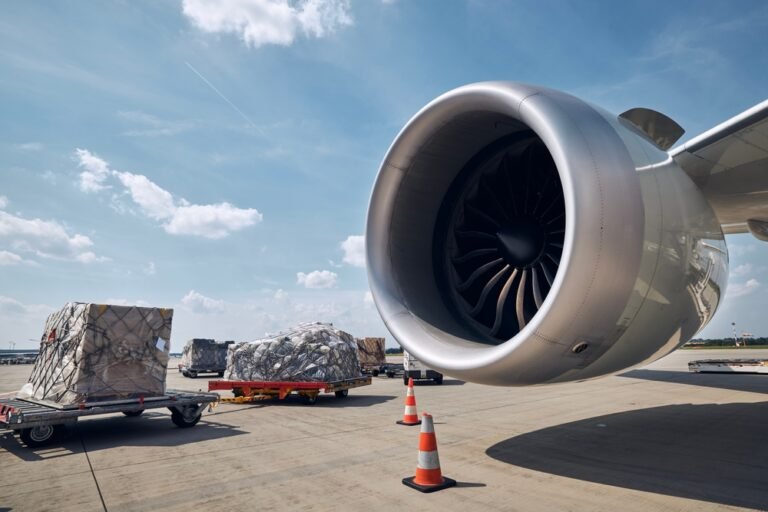Airlines in high-cost or emerging markets relying heavily on GSSAs for local expertise, while airlines in developed regions often manage sales independently due to lower operational costs, Ruben Plasmeijer, data analyst at WorldACD, writes.
The role of GSAs/GSSAs in air cargo markets varies significantly across the globe. GSAs/GSSAs tend to play a larger role in countries where airlines face higher costs for maintaining their own staff. In emerging markets, or where local knowledge and strong relationships are key to success in air cargo, airlines rely more on GSAs.
Examples of such markets include India and Vietnam. Conversely, in developed markets with well-developed air cargo infrastructures and lower operating costs, airlines often handle their own sales. Examples here include Japan and the USA.
The first chart below provides a regional breakdown for the Year-to-Date as of September 2024. It shows that GSAs account for 46% of sales in the Middle East and South Asia (MESA), while in North America their share is much lower at just 14%. Globally, GSAs have increased their market share by one percentage point in 2024, reaching 27%. In Europe, GSAs gained 2% market share, while in MESA they experienced a 1% decline.
The chart also highlights differences in the position of GSAs between General Cargo and Special Products. In MESA, Central and South America, GSAs have a significantly larger share in general cargo compared to special products. The trend for the last few years can be seen in the second chart below, sourced from our GSA database. It shows that the worldwide market share of GSAs has steadily increased from 24% in 2021 to 27% in 2024.




